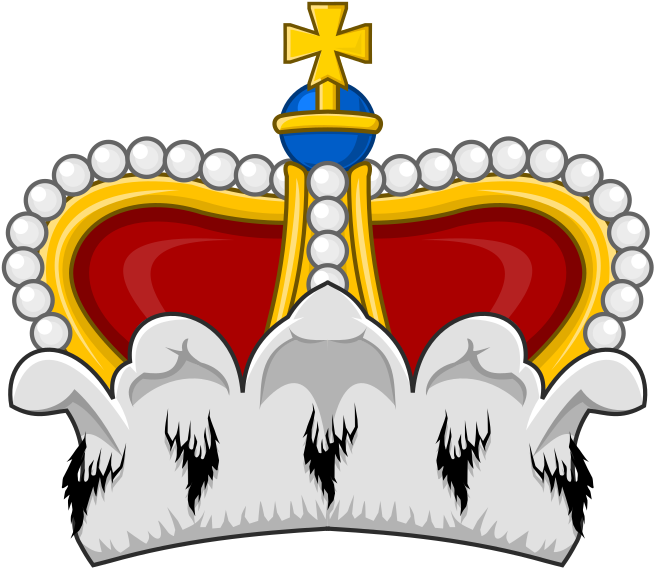Main Difference
The main difference between Lord and King is that the Lord is a title of nobility for proprietary power and control of a territory given by a King or religious authorities and King is a class of male monarch.
-
Lord
Lord is an appellation for a person or deity who has authority, control, or power over others acting like a master, a chief, or a ruler. The appellation can also denote certain persons who hold a title of the peerage in the United Kingdom, or are entitled to courtesy titles. The collective “Lords” can refer to a group or body of peers.
-
King
King is the title given to a male monarch in a variety of contexts. The female equivalent is queen regnant in (while the title of queen on its own usually refers to the consort of a king).
In the context of prehistory, antiquity and contemporary indigenous peoples, the title may refer to tribal kingship. Germanic kingship is cognate with Indo-European traditions of tribal rulership (c.f. Indic rājan, Gothic reiks, and Old Irish rí, etc.)
In the context of classical antiquity, king may translate Latin rex or either Greek archon or basileus.
In classical European feudalism, the title of king as the ruler of a kingdom is understood as the highest rank in the feudal order, potentially subject, at least nominally, only to an emperor (harking back to the client kings of the Roman Empire).
In a modern context, the title may refer to the ruler of one of a number of modern monarchies (either absolute or constitutional). The title of king is used alongside other titles for monarchs: in the West, prince, emperor, archduke, duke or grand duke, and in the Middle East, sultan or emir; etc.
King may also refer to a king consort, a title that is sometimes given to the husband of a ruling queen, however the title prince consort is sometimes granted instead.
-
Lord (noun)
The master of the servants of a household; the master of a feudal manor
-
Lord (noun)
The male head of a household, a father or husband.
-
Lord (noun)
One possessing similar mastery over others; any feudal superior generally; any nobleman or aristocrat; any chief, prince, or sovereign ruler; in Scotland, a male member of the lowest rank of nobility (the equivalent rank in England is baron)
-
Lord (noun)
The owner of a house, piece of land, or other possession
-
Lord (noun)
A feudal tenant holding his manor directly of the king
-
Lord (noun)
A peer of the realm, particularly a temporal one
-
Lord (noun)
One possessing similar mastery in figurative senses (esp. as lord of ~)
-
Lord (noun)
A baron or lesser nobleman, as opposed to greater ones
-
Lord (noun)
The heavenly body considered to possess a dominant influence over an event, time, etc.
-
Lord (noun)
A hunchback.
-
Lord (noun)
Sixpence.
-
Lord (verb)
Domineer or act like a lord.
-
Lord (verb)
To invest with the dignity, power, and privileges of a lord; to grant the title of lord.
-
King (noun)
A male monarch; a man who heads a monarchy. If it’s an absolute monarchy, then he is the supreme ruler of his nation.
“Henry VIII was the king of England from 1509 to 1547.”
-
King (noun)
A powerful or majorly influential person.
-
King (noun)
Something that has a preeminent position.
“In times of financial panic, cash is king.”
-
King (noun)
A component of certain games.
-
King (noun)
The principal chess piece, that players seek to threaten with unavoidable capture to result in a victory by checkmate. It is often the tallest piece, with a symbolic crown with a cross at the top.
-
King (noun)
A playing card with the letter “K” and the image of a king on it, the thirteenth card in a given suit.
-
King (noun)
A king skin.
“Oi mate, have you got kings?”
-
King (noun)
A male dragonfly; a drake.
-
King (noun)
A king-sized bed.
-
King (verb)
To crown king, to make (a person) king.
-
King (verb)
To rule over as king.
-
King (verb)
To perform the duties of a king.
-
King (verb)
To assume or pretend preeminence (over); to lord it over.
-
King (verb)
To promote a piece of draughts/checkers that has traversed the board to the opposite side, that piece subsequently being permitted to move backwards as well as forwards.
-
King (verb)
To dress and perform as a drag king.

